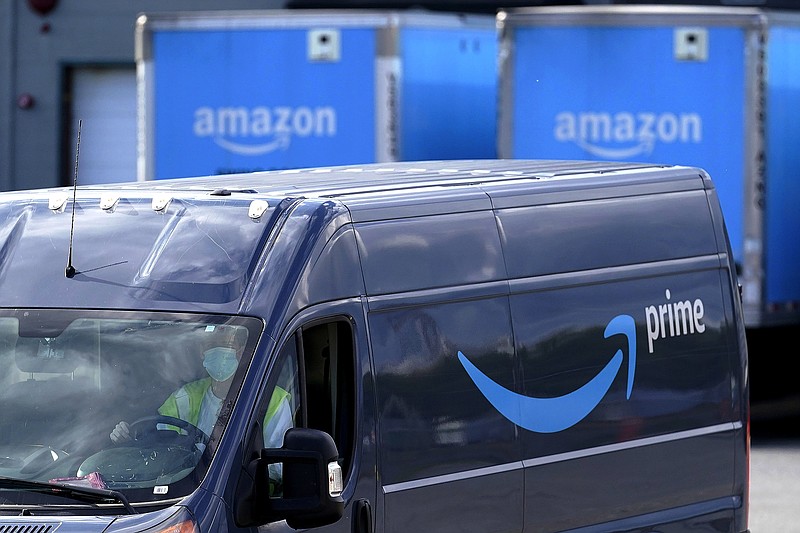Prime Day has become a summer event, and this year Amazon (a BBB Accredited Business) has selected July 12 and July 13. Amazon isn't the only retailer rolling out discounts those days. Walmart, Target, Kohl's, and many other companies are running their own sales as well.
More deals are great for consumers, and more people out shopping is great for businesses large and small. But this is a time to stay on guard. The Federal Trade Commission (FTC) recently reported that scammers are impersonating Amazon significantly more than any other business, and odds are this will spike during and just after the two Prime Days.
They may reach out via emails, texts, or calls, but no matter the method of contact, scammers are looking for a way to get your credit card information, account login details, or remote access to your computer to get to your personal information.
Phishing scams increase during busy shopping times, such as Prime Day or Black Friday. When you're making a lot of purchases, it's easy to lose track of exactly what you bought and where you shopped. And there's a good chance you're expecting some orders to be shipped. That makes you more likely to fall for phishing scams that use the names of widely known retailers and shipping companies.
Look out for unsolicited emails and texts, especially those with a link or attachment. These messages may claim you have a free gift waiting for you or that there is a problem with a delivery. In either case, the message is designed to get you to click on the link or open the attachment, which could allow the scammer access to your device and your personal information.
Another extremely popular scam comes typically as a call or text claiming Amazon is contacting you to fix an issue with your account. Know that Amazon will not reach out to you this way. This scam is designed to get your credit card information, account login details, or remote access to your computer. If you have an Amazon account and have questions about whether there are issues, you can log in and check the status of the account.
Beware of false advertising and phony websites. When searching online or browsing social media, watch out for ads that point to scam websites. Con artists often create lookalike websites that, at first glance, appear to belong to a trusted retailer. But when you look more closely at the URL, you'll notice that the domain name is slightly different (i.e., Instead of Popularstore.com, the URL might be PopvlarStore.com or PopularStoreOnline.com).
Always make sure websites use the correct business name spelling and have legitimate contact information and customer service numbers. Take the time to research the address and make sure the business actually exists there. Also, use common sense when evaluating deals. If a company claims to be selling the hottest item of the year at a super low price, it's probably a scam.
Overall, your BBB offers the following tips to avoid online shopping scams this Prime Day:
> Beware of fake lookalike websites. Check the URL, watch for bad grammar, research the age of the domain, and search for contact information.
> Professional photos do not mean it's a real offer. Scammers often steal photos off other websites, so don't believe what you see.
> Make sure the website is secure. Look for the "HTTPS" in the URL (the extra "s" is for "secure") and a small lock icon on the address bar. Never enter payment or personal information into a website with only "HTTP." It is NOT secure.
> Be careful purchasing sought-after products. If something is sold out everywhere, don't be tempted by a seemingly great deal. Scammers often trick shoppers by offering the most popular products at low prices.
> Pay with a credit card. It's always best to make online purchases with your credit card. If any shady charges turn up later, you will be able to contest them through your credit card company. Be very wary of any retailer that asks you to pay by digital wallet apps, prepaid money cards, or other non-traditional payment methods.
For more information about online retail scams, visit bbb.org/alerts or call your BBB at 423-266-6144.
